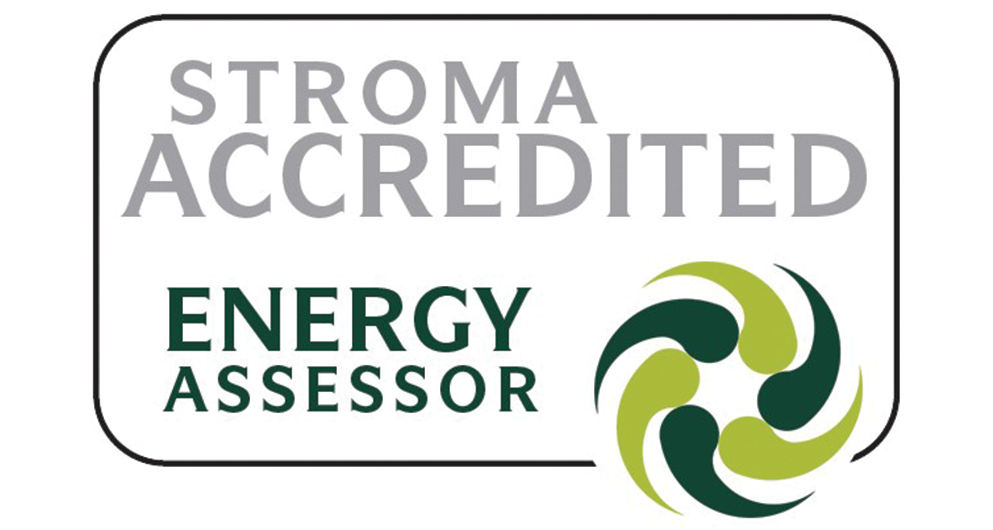EPC Requirements for Commercial Buildings UK
Understanding the EPC Requirements for Commercial Buildings in the UK
Energy efficiency is a critical aspect of modern construction and building management. In the UK, commercial buildings are subject to specific energy performance requirements to promote sustainability and reduce environmental impacts. The Energy Performance Certificate (EPC) is a key tool used to assess and quantify a building's energy efficiency. In this blog, we will delve into the EPC requirements for commercial buildings in the UK, discussing what an EPC is, how it is calculated, and why it is important. Let's explore the world of EPCs and their significance in ensuring a greener and more sustainable future for commercial properties.
What is an Energy Performance Certificate (EPC)?
An Energy Performance Certificate (EPC) is a document that provides an energy efficiency rating for a building. It is mandatory for all commercial properties in the UK to have an EPC before being sold, rented, or constructed. The EPC provides valuable information about the building's energy consumption, carbon emissions, and recommendations for improving its energy efficiency.
How is the EPC Rating Calculated?
The EPC rating is calculated based on the building's energy performance, taking into account factors such as insulation, heating systems, lighting, and ventilation. The process of obtaining an EPC involves an assessment carried out by a qualified Energy Assessor. The Commercial EPC Assessor examines the building's features, construction materials, and energy usage patterns to determine its energy efficiency.
The EPC rating is presented on a scale from A to G, where A represents the most energy-efficient buildings, while G indicates the least efficient ones. Higher-rated buildings not only reduce energy consumption and greenhouse gas emissions but also have the potential to lower operational costs for their occupants.
Key Components of an EPC
An EPC for a commercial building consists of several key components:
- Energy Efficiency Rating: As previously mentioned, the energy efficiency rating is presented on a scale from A to G, with A being the most efficient and G being the least efficient. The rating is color-coded, with green indicating higher efficiency and red representing lower efficiency.
- Environmental Impact Rating: This rating measures the building's environmental impact in terms of carbon emissions. It is also presented on a scale from A to G, following the same color-coding as the energy efficiency rating.
- Recommendations for Improvement: The EPC provides recommendations for improving the building's energy efficiency. These suggestions can range from simple low-cost measures like installing LED lighting to more extensive upgrades like improving insulation or upgrading heating systems.
The Importance of EPC for Commercial Buildings
- Compliance with Regulations: The most apparent importance of having an EPC for commercial buildings is compliance with legal requirements. Without a valid EPC, a commercial property cannot be sold or leased, and property owners can face fines for non-compliance.
- Transparency for Tenants and Buyers: For tenants and buyers, an EPC offers transparency about a building's energy performance. It allows them to make informed decisions about the environmental impact and potential operating costs associated with the property.
- Driving Energy Efficiency: EPCs play a crucial role in driving energy efficiency improvements in the commercial building sector. By identifying areas where energy consumption can be reduced, property owners and occupants are motivated to implement energy-saving measures.
- Reducing Operating Costs: Energy-efficient buildings generally have lower operating costs, benefiting both landlords and tenants. Energy-saving measures not only contribute to a greener environment but also result in cost savings over the long term.
When is an EPC Required for Commercial Buildings?
- New Construction: All new commercial buildings must have an EPC before construction is completed.
- Sale or Rent: When a commercial property is put up for sale or rent, the seller or landlord must provide a valid EPC to potential buyers or tenants.
- Change of Use: If a building undergoes a change of use that affects its energy performance, a new EPC may be required.
- Green Deal Assessments: In some cases, a Green Deal Assessment can be used as an alternative to an EPC. The Green Deal Assessment provides information on energy-saving measures that can be financed through the UK government's Green Deal scheme.
Improving EPC Ratings for Commercial Buildings
Achieving a higher EPC rating is beneficial for both the environment and property owners. Some ways to improve the EPC rating of a commercial building include:
- Insulation Upgrades: Adding or improving insulation in walls, roofs, and floors can significantly reduce heat loss, resulting in better energy efficiency.
- Efficient Heating Systems: Upgrading to energy-efficient heating systems, such as condensing boilers or heat pumps, can reduce energy consumption and carbon emissions.
- LED Lighting: Replacing traditional lighting with energy-efficient LED lighting can lead to substantial energy savings.
- Renewable Energy Sources: Incorporating renewable energy sources like solar panels or wind turbines can generate clean energy and lower a building's reliance on non-renewable sources.
- Smart Building Technologies: Implementing smart building technologies, such as energy management systems and automated controls, can optimize energy usage and improve efficiency.
Conclusion
Energy Performance Certificates (EPCs) are indispensable tools in promoting energy efficiency and sustainability in commercial buildings across the UK. By providing valuable insights into a building's energy consumption and environmental impact, EPCs play a crucial role in driving improvements in energy efficiency.
For commercial property owners, complying with EPC requirements not only ensures legal compliance but also offers the opportunity to reduce operating costs and attract environmentally conscious tenants or buyers. With the continuous focus on creating a greener future, EPCs will remain an essential aspect of the commercial building industry in the UK.











